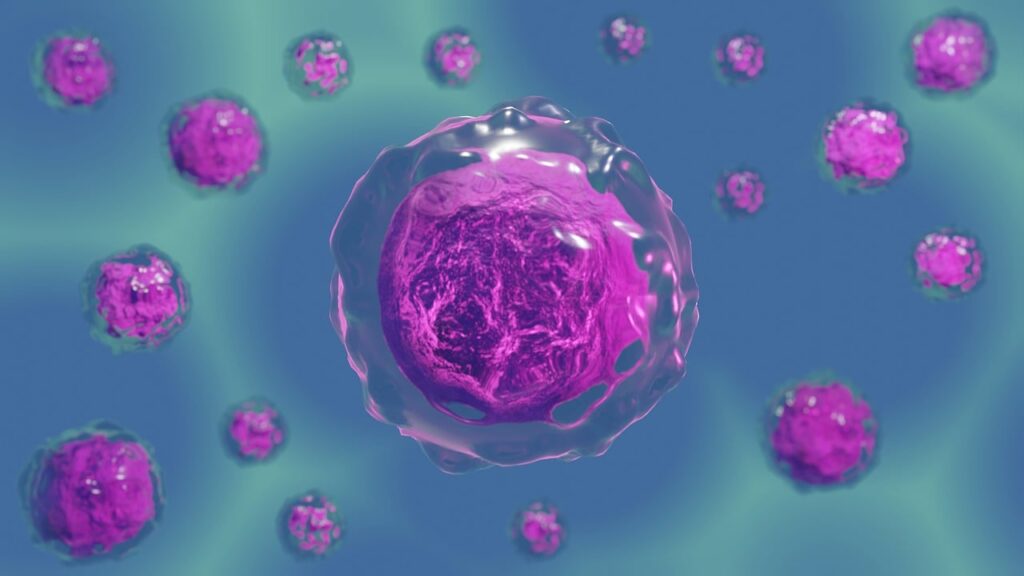Catalog & Custom Gene Editing
Our exclusive gene editing technologies available in both research and clinical grades.
Gene Editing Approach
Allogeneic stem cell-based therapies hold significant promise for treating currently incurable diseases. However, two major challenges arise: the risk of immune rejection when using cells from allogeneic donors and concerns regarding the safety of gene-engineered therapeutic cells within the patient's body.
To tackle these challenges, Pluristyx offers the solution of gene editing services, expertise and proprietary technologies. The Pluristyx Platform includes an innovative gene editing platform that utilizes CRISPR-CAS9, CRISPR alternatives and transposon-based gene editing approach to engineer universal donor cells with our targeted genome edit safety-switch technology, FailSafe® and iACT Stealth Cells™ immune evasion technology.
These universal donor cells can be used in allogeneic cell therapy development without the need for individualized matching and provide an external control to eliminate the therapeutic cells in case of unexpected adverse events or to address potential safety concerns.
What types of gene edits can Pluristyx apply to cells?
FailSafe®
Pluristyx's pioneering proprietary technology, FailSafe®, empowers the editing and engineering of cells to enhance safety. By introducing a "kill switch," this patented innovation can halt uncontrolled proliferation within cells. Notably, FailSafe® operates on cell division loci while preserving the inherent biological characteristics of the edited cells.
Induced allogeneic cell tolerance iACT Stealth Cells™
Induced allogeneic cell tolerance iACT Stealth Cells™, enables the creation of induced pluripotent stem cells (iPSCs) that avoid provoking an immune response in the recipient and help ensure long-term allograft tolerance. By targeting eight specific cell-surface and local-acting genes that modulate the immune response, iACT Stealth Cells™ function as universal donors well suited for off-the-shelf regenerative medicine therapies without the need for patients to undergo immunosuppressive treatments in advance.
Custom Gene Editing Expertise
Besides FailSafe® and iACT Stealth Cells™, Pluristyx can also offer a broad portfolio of custom edits, ranging from knocking in/out genes, gene insertion, conditional regulation of expression, and immortalization. Pluristyx's team has experience with various gene editing technologies. All edited induced pluripotent stem cells are assessed with various quality control tests to ensure the highest quality standards are met to aide in successful iPSC cell differentiation.
Pluristyx effortlessly works to provide access to off the shelf gene edited induced Pluripotent Stem Cells (iPSC). Our Gene edits are available in our own cell lines but can also be engineered into our clients stem cell lines. All edits are available in off the shelf gene edited lines that are available through our Research Evaluation Agreements and licensing.

Explore More
Discover how Pluristyx's Cellular Reprogramming technology and the Pluristyx Platform can accelerate cell therapies and therapeutic development.
